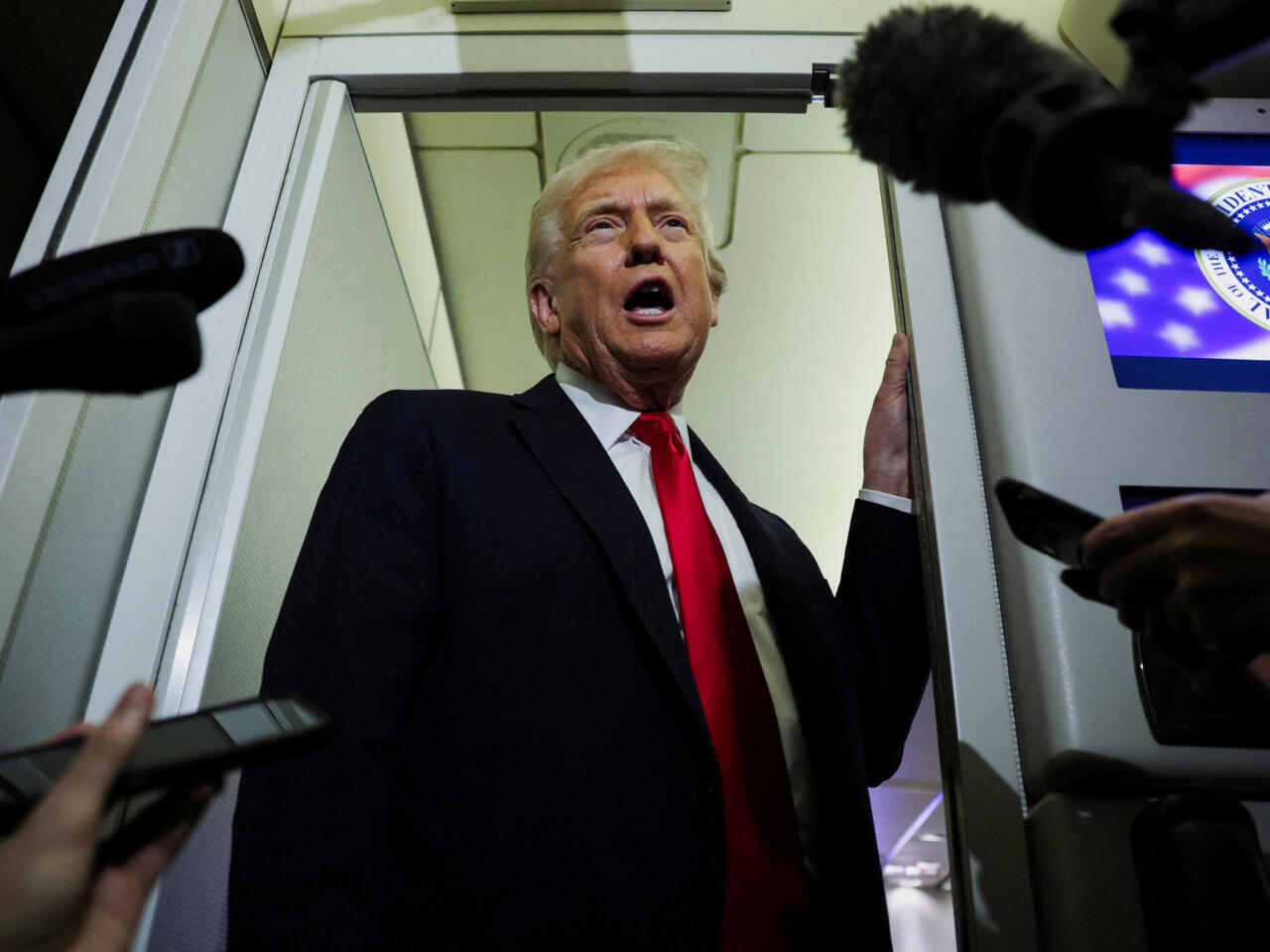Georgia Judge Ends Landmark Trump Racketeering Case
Georgia Judge Ends Landmark Trump Racketeering Case
By
Calder Monroe
Last updated:
November 27, 2025
First Published:
November 27, 2025

Photo: France 24
A Dramatic Conclusion to a Historic Case
A Georgia judge has formally dismissed the high profile racketeering case accusing President Donald Trump of attempting to overturn the state’s 2020 election results. Fulton County Superior Court Judge Scott McAfee ordered the case “dismissed in its entirety” ending the final unresolved criminal prosecution still pending against Trump following his return to the White House in 2024. The decision came moments after state prosecutor Peter Skandalakis filed a request urging the court to drop the charges “to serve the interests of justice and promote judicial finality.”
Skandalakis argued that continuing the case would drag on for five to ten more years with little benefit to Georgia residents. Trump quickly celebrated the outcome calling it a victory for “law and justice” while his legal team said the indictment should never have been brought in the first place.
How the Case Unraveled Over Time
The prosecution originally filed by District Attorney Fani Willis charged Trump with thirteen criminal counts including violations of Georgia’s anti racketeering law. The August 2023 indictment alleged that Trump and several allies such as Rudy Giuliani John Eastman and Mark Meadows pressured state officials including Secretary of State Brad Raffensperger to reverse Joe Biden’s victory in Georgia. The case was once considered one of the most serious legal threats to Trump and produced an unprecedented moment in U.S. political history when Trump was booked at the Fulton County jail generating a mugshot seen worldwide.
Within weeks of the indictment at least four of the eighteen initial co defendants had pleaded guilty. Yet the prosecution quickly became entangled in internal controversies. In late 2024 Willis herself faced intense scrutiny over her relationship with senior prosecutor Nathan Wade eventually leading to her removal from the case. The Georgia Supreme Court declined to review her appeal and the prosecution was transferred to Skandalakis just two weeks before he moved to dismiss it.
Legal Obstacles and Constitutional Realities
In the months leading up to Trump’s reelection Judge McAfee had already dismissed two of the charges though the most serious allegations remained. However Skandalakis stressed that proceeding with a trial against a sitting president was simply not feasible. He noted that compelling Trump to appear in court was unlikely and that waiting until he left office in 2029 would make a fair and timely trial impossible.
The prosecutor also rejected proposals to sever Trump’s case from those of other defendants calling it unnecessarily burdensome and costly for the state. He further warned against criminalizing legal advice provided to a president even if that advice was flawed.
The Prosecuting Attorneys’ Council of Georgia lacks the resources to conduct multiple complex trials and Skandalakis said that pushing forward under these circumstances would not serve Georgia’s interests. Still he emphasized that attempts to overturn the 2020 election were deeply serious and that the effort evolved from a legitimate legal challenge into actions that contributed to the January 6 attack on the U.S. Capitol.
Federal Prospects and the Future of Election Related Prosecutions
Skandalakis suggested the matter was more appropriate for federal authorities but acknowledged that option has effectively closed. Former special counsel Jack Smith’s federal election interference case was dropped after the Supreme Court expanded presidential immunity protections and after Trump returned to office.
With the Georgia dismissal the long running effort to prosecute Trump for actions tied to the 2020 election has effectively reached its endpoint. The decision not only marks the end of a historic state level case but also underscores the growing legal limitations facing future attempts to hold sitting presidents accountable through the criminal justice system.
Popular articles
Subscribe to unlock premium content
How Turkmenistan’s Underground Mosques Are Becoming Secret Luxury Tourism Spots

How Palau’s Hidden Jellyfish Lakes Are Monetized as Ultra-Premium Adventure Destinations

Why Seychelles’ Private Island Hopping Experiences Are Becoming a Billion-Dollar Niche

How Turkmenistan’s Underground Mosques Are Becoming Secret Luxury Tourism Spots

How Palau’s Hidden Jellyfish Lakes Are Monetized as Ultra-Premium Adventure Destinations

How Turkmenistan’s Underground Mosques Are Becoming Secret Luxury Tourism Spots









